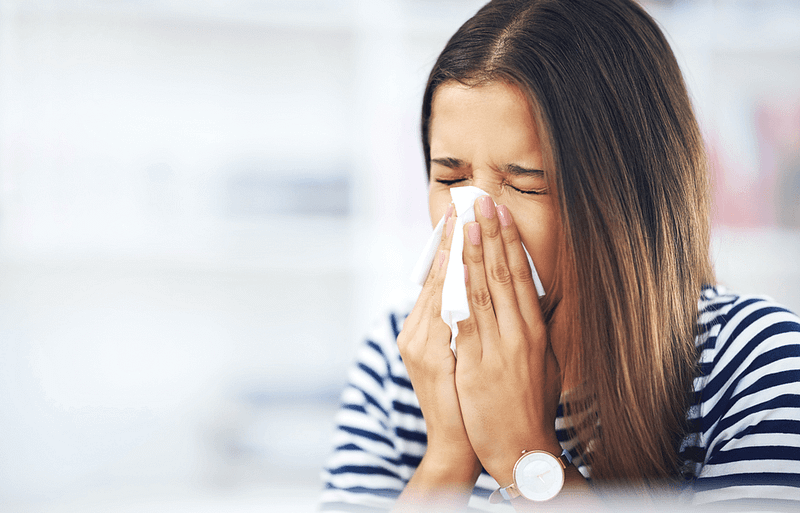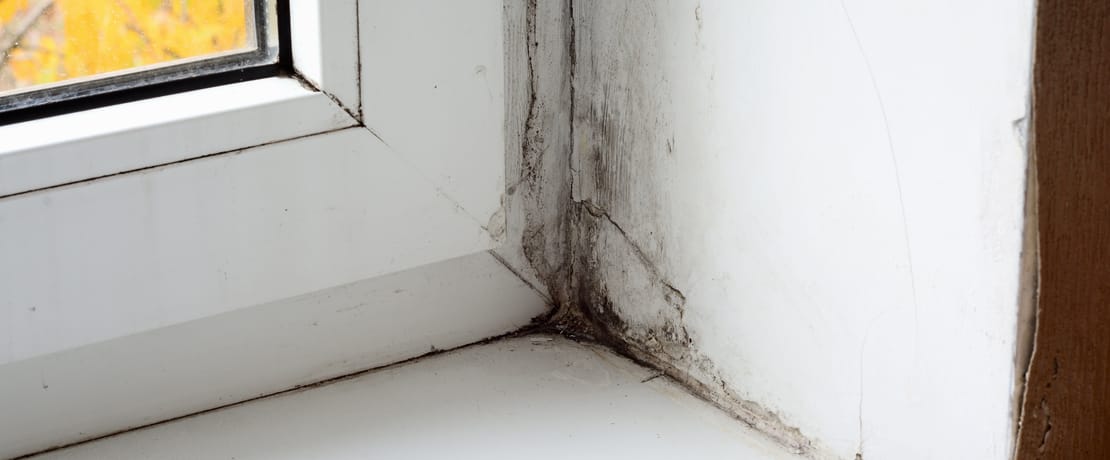As we approach the end of the year many Central Texas residents are suffering the misery of “cedar fever”. Cedar fever is actually a misnomer as this illness which causes symptoms from December to February is caused by sensitivity to pollen of the Ashe Juniper which is a small evergreen tree indigenous to Northern Mexico, South and Central Texas. Symptoms of Cedar Fever include itching of the nose and eyes, nasal congestion, runny nose, low grade fever, fatigue and may include headache, wheezing, and cough. The treatment for Cedar Fever involves avoiding exposure to the airborne pollen which is the offending agent. This may involve limiting outdoor activities, especially on windy days. Performing frequent nasal irrigations with a clean saline solution can physically remove the pollen from the nasal mucous membranes which is often helpful to reduce symptoms. When the pollen comes in contact with sensitized immune cells of the mucous membranes, the immune cells begin to release toxic mediators of inflammation like histamine which actually act much like poison. Antihistamine medicines like Benadryl, Claritan and Zyrtec work by blocking these toxic mediators but may be associated with undesirable side effects. These medicines only provide symptom relief but do not change the allergic sensitivity.
For those individuals who do not get adequate symptom relief from avoiding exposure to pollen and using available symptom-relieving medications, there is another treatment option. Administration of a solution containing an extract of the Ashe Juniper pollen has been shown to be effective in developing a state of immune tolerance to the pollen known as desensitization. In the United States historically this desensitization has been performed by administering regular injections of the pollen extract into the skin. For many years especially in Europe the pollen extract has been given under the tongue in a technique known as Sublingual Immunotherapy or SLIT. This method of treatment which has been endorsed by the World Health Organization and is being offered in many clinics in the United States and around the world is not yet approved the use of allergy extracts by the US FDA. A number of allergy professional organizations in the United States have published position statements endorsing this technique which has been shown to be effective and safe. In fact, the drops can be administered at home and do not require a visit to the doctor’s office. The avoidance of a needle stick has obvious advantages with children and needle-phobic individuals.
Often SLIT is used to desensitize the individual to multiple different allergic agents such as dog, cat, dust mite, grass pollen, tree pollen, and mold antigens at the same time as the juniper pollen extract. Dr. Taylor has seen in many of his patients that desensitizing a person to some of their worst sensitivities reduces their “total allergic load” and helps to reduce chronic inflammatory disease symptoms in general. He has seen the frequency and severity of sinus infections decline significantly. He has also had many patients report significant improvement in allergy-related fatigue. Many patients have been able to reduce the number of other medications that they need to take to control the associated inflammatory symptoms. At Forum Health Austin, Dr. Taylor uses a simple blood test to identify and measure the degree of an individual’s allergies to a variety of different agents called allergens.

At Forum Health Austin, Dr. Taylor has years of experience dealing with allergic disease and chronic inflammatory conditions affecting many systems in the body. His integrated holistic approach including attention to problems with the digestive tract including food allergies, leaky gut, and problems with the gut microbes as well as problems due to exposure to environmental toxins is often effective in normalizing immune system inflammation. This often involves supporting metabolic pathways with nutrients that allow immune system function to perform in an optimal way.








